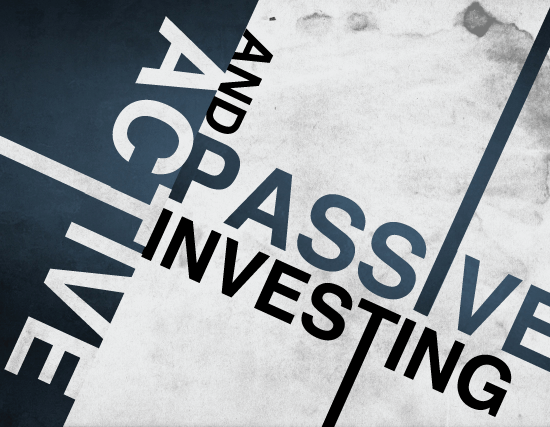When he entered the investment world fifty yeas ago, Charles (“Charley”) Ellis fund that diligent financial analysts and portfolio managers could routinely outperform the stock market. But as the investment industry changed, information became ubiquitous and institutions replaced individuals, it has become “unrealistic to try to beat today’s market.” I recently had the pleasure of talking to Charley about his amazing career and his new book “Index Revolution: Why Investors Should Join it Now”. The book and the conversation left me even more convinced that investors are spinning their wheels using anything but index funds to achieve their long-term financial planning goals and objectives.
It is quite stunning to hear this message from a man who began his life on Wall Street in the early 1960’s as an analyst and then as a financial industry consultant at Greenwich Associates, the firm that he founded in 1972. Perhaps because Charlie became a go-to resource for the biggest fund managers and Wall Street firms, his early view that most active portfolio managers could not keep up with the benchmarks they are trying to beat -- and that investors are better off in low-cost index funds – was so fascinating. That admission occurred in 1975, when Charley penned the now-prescient article “The Loser’s Game”. His view about the virtues of indexing has become stronger and clearer 40 years hence.
In his 18th book, Charley is beating the drum for index funds. “The stunning reality is that most actively managed mutual funds fail to keep up with index funds.” The most recent evidence from S&P Global proves the point: the S&P Indices Versus Active (Spiva) scorecard shows that 90.2 percent of actively managed US funds failed to beat their benchmarks, when their returns are calculated net of fees.
These types of reports have been available for years, yet index or passive funds still only account for a third of mutual fund assets. Sure, that’s up from a quarter three years ago, but a majority of individuals and professionals, some of whom owe fiduciary duties to their clients, “refuse to accept the objective data or insist on looking past it.”
Why do people delude themselves about beating the market, when as Nobel Laureate in Economics Daniel Kahneman, notes “They’re just not going to do it. It’s not going to happen.” Maybe investors want to believe that someone, some firm or some algorithm can beat the market, because the industry has told them that it is possible.
Early on, the asset management business condescendingly proclaimed that “indexing was for losers” and that investing in an index fund would be tantamount to confining your performance to just “average”. The industry’s marketing tactics has evolved, but even today, companies make big ad buys and trot out their analysts to tout “market-beating” funds, when the plain fact is that over time, they will not deliver consistent market-beating performance.
Charley notes that in making their case for active management, these folks rarely mention risk, nor do they adjust their data for taxes. Even the term “passive” can invoke a subliminal, negative connotation. After all, “Who wants to be passive?” asks Charlie. “Nobody will ever know just how much harm was done by wrapping the term passive around investing.”
Perhaps the most damning outcome of spending time and energy focusing your efforts on the fool’s errand of finding the market beating investments is that doing so can divert your attention from the more important financial planning issues in your life. Charlie writes that “Indexing simplifies everything,” and enables people to concentrate on “developing a balanced, objective understanding of themselves and their situation.” Amen.
![Jill on Money [ Archive]](http://images.squarespace-cdn.com/content/v1/59efbd48d7bdce7ee2a7d0c4/1510342916024-TI455WZNZ88VUH2XYCA6/JOM+Blue+and+White.png?format=1500w)
